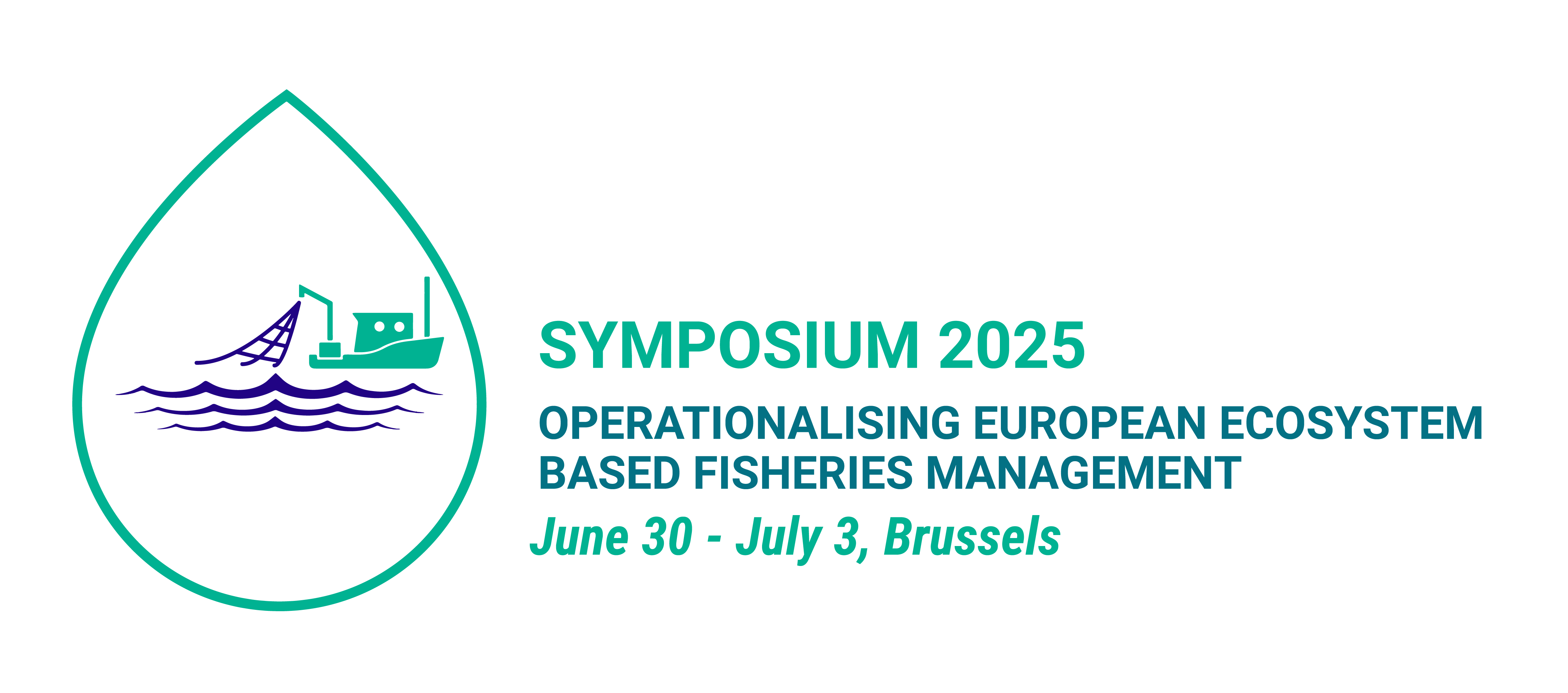
This session does not accept contributions apart from the appointed keynotes.
Conveners: tbc
Keynote: tbc
Session overview
Sustainable management of social systems is based on an evaluation of the benefits of fisheries along with the likely chance of achieving these benefits through specific fisheries management measures. Traditionally, evaluations of fisheries benefits have often focused on economic benefits, direct employment and to some extent governance. However, a variety of other social indicators have been developed in recent years, including impacts on and of large and small-scale fishers, effects on coastal communities, distribution of benefits, Carbon emissions and human health and nutrition. The models used to predict the effects of different management measures have concurrently increased in their ability to predict future changes and their realism has further improved through the inclusion of enhanced knowledge of fisheries and fisher behaviour, economic developments and aspects such as climate change in models. Session 2 reviews recent improvements to all of these topics.
We welcome contributions on
Conveners: Geir Huse (NO) and Marie Savina-Rolland (FR)
Keynote: tbc
Session overview
Productivity of fished stocks is constantly changing in response to environmental conditions and fisheries management must account for these changes to be sustainable in the long term. While interannual variability is considered in most management strategies, directional or step-like changes must be addressed using models tailored to evaluating management strategies under different environmental scenarios for which the likelihood of their occurrence is often not well known. Session 3 investigates improved predictive models of commercial stock productivity including environmental drivers to determine if their inclusion improves predictive ability and the sustainability of different management strategies.
We welcome contributions on
Conveners: Marija Sciberras (UK) and Dave Reid (ICES)
Keynote: Catarina Fortuna (IT)
Session overview
Fisheries impact the ecological system through impacts on retained species, bycaught (non-retained) species, habitats, food webs and marine litter and quantifying the link between these impacts and fishing effort is key in providing managers med options which ensure ecological sustainability. In session 4, we investigate how the links can be quantified using tailored methods for different parts of the ecological system with differences in data availability along with recent improvements estimation of bycatch risk for sensitive species and habitat impact. Further, approaches to illustrating effects across several species together will be welcomed.
We welcome contributions on
Conveners: Maria Grazia Pennino (ES) and Athanassios Tsikliras (GR)
Keynote: tbc
Session overview
Spatial management is a key tool in achieving the aims of Ecosystem Based Fisheries Management and hence, evaluations of the impacts of closures with different extents and locations to achieve the objectives are crucial in a knowledge based decision making process. Knowledge and models of the impact of factors such as climate change, protected areas and other maritime activities on the spatial distribution of fish and fisheries and the resulting changes in ecological and social costs and benefits of fisheries is essential to these evaluations. The models can be used to evaluate social and ecological impacts of fisheries management measures including spatial management strategies aiming to decrease the catch of juveniles and choke species, ensure food availability for predators, reduce impact on sensitive species and habitats, decrease CO2 emission (carbon footprint), and increase socio-economic benefits for fishers.
We welcome contributions on
Conveners: Lotte Worsøe Clausen (ICES) and Elisabetta Morello (GFCM)
Keynote: Eva Plaganyi (AU)
Session overview
Providing operational management advice on Ecosystem Based Fisheries Management requires the integration of impacts on and of fisheries for larger areas under different management strategies. The integration should be based on quality assured predictive knowledge of key ecological, economic and social processes and account for interannual variability to be able to predict the risk of different management measures to various social and ecological concerns. Session 6 invites examples of applications of management strategy evaluation frameworks with appropriate consideration of uncertainty and parameter correlation. The evaluations can examine the degree of attainment of agreed objectives and risks under future and present environmental conditions, different fisher behaviour models and management dependent selectivity patterns in multispecies-multifleet models.
We welcome contributions on
Conveners: Anna Rindorf and tbc (UK)
Session overview
Session 7 is an interactive session tailored to discussing the operational scope of the topics addressed during the symposium. The sessions are initiated with a summary of the impressions of each session (presentations as well as group sessions) delivered by invited speakers.
Supported by:
Stay up to date with SEAwise news and research, hear about upcoming events, and receive updates on fisheries news from across the European seascape.